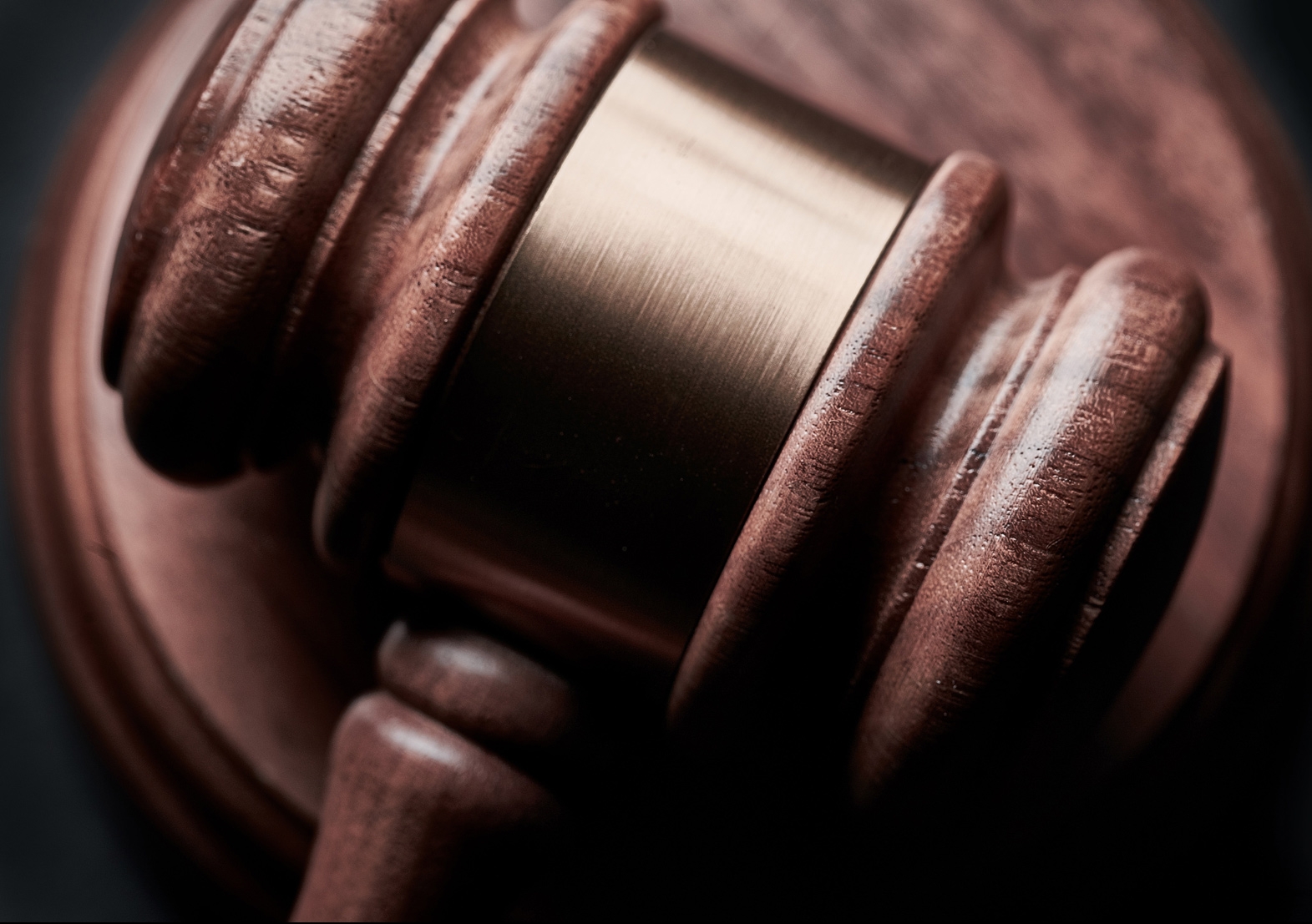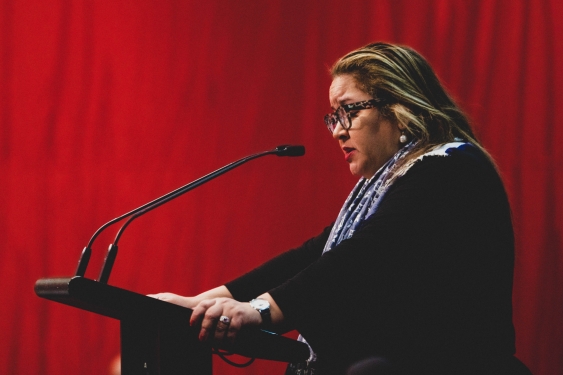No 'special rights' established by High Court ruling, says UNSW Law Professor
Professor Megan Davis says elements of this week’s High Court case, which found in limited circumstances Aboriginal people cannot be regarded as 'aliens', have been exaggerated.


